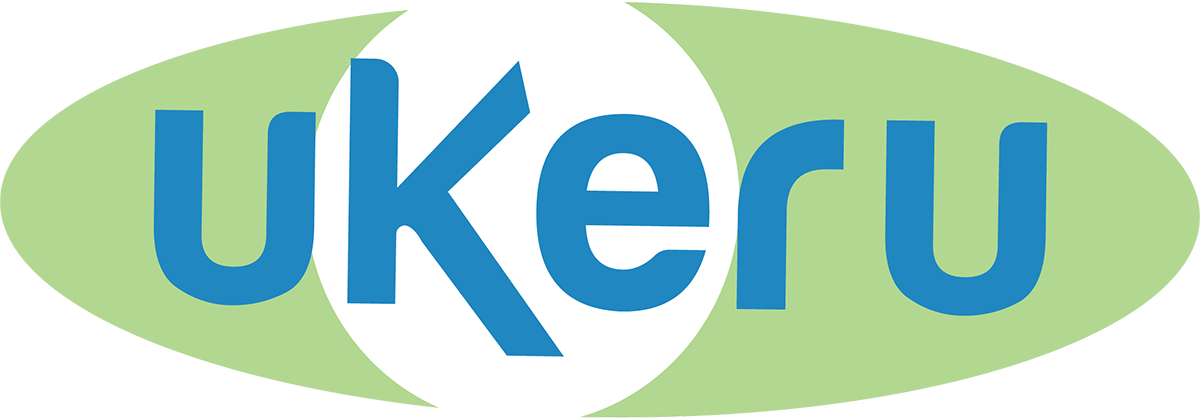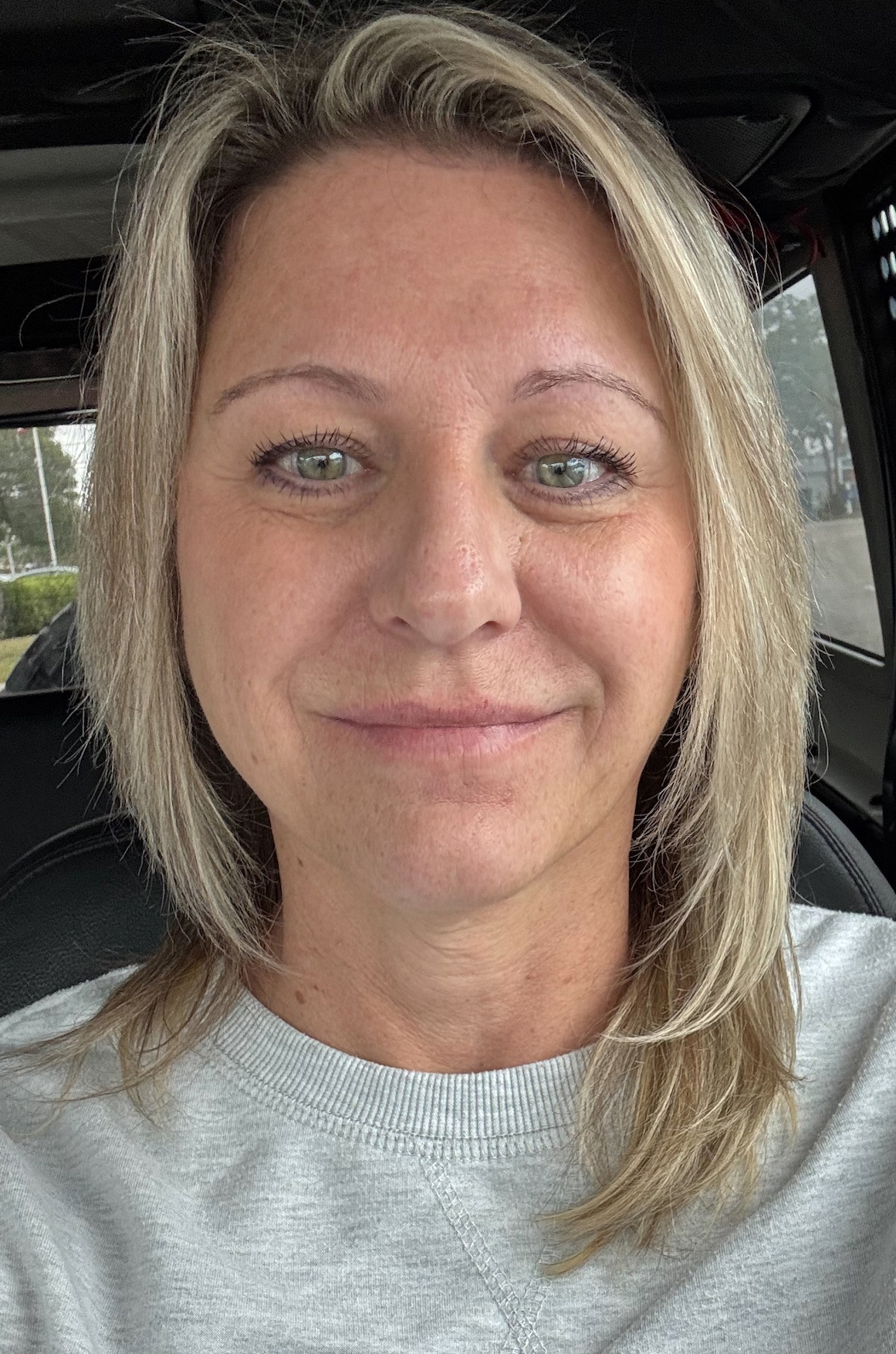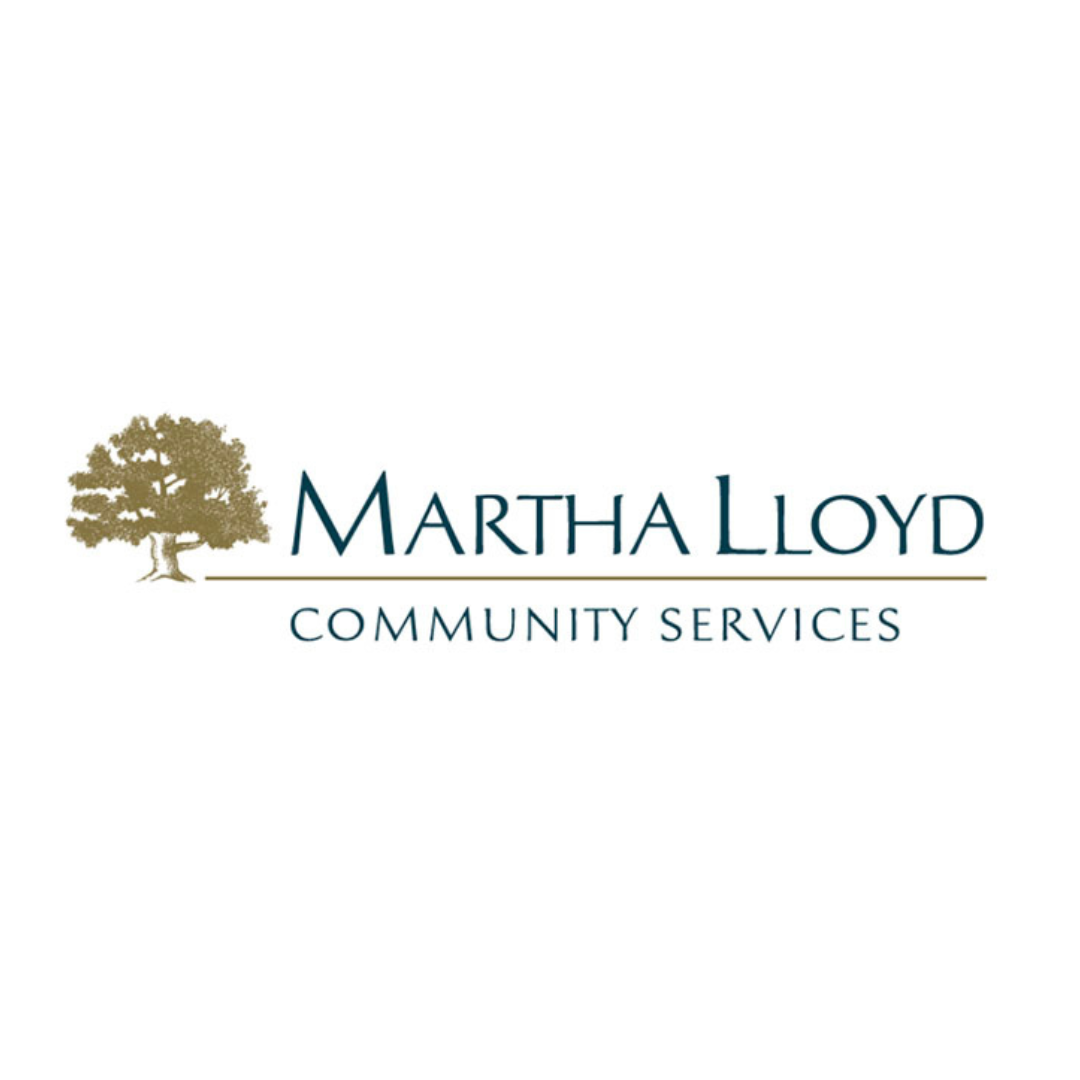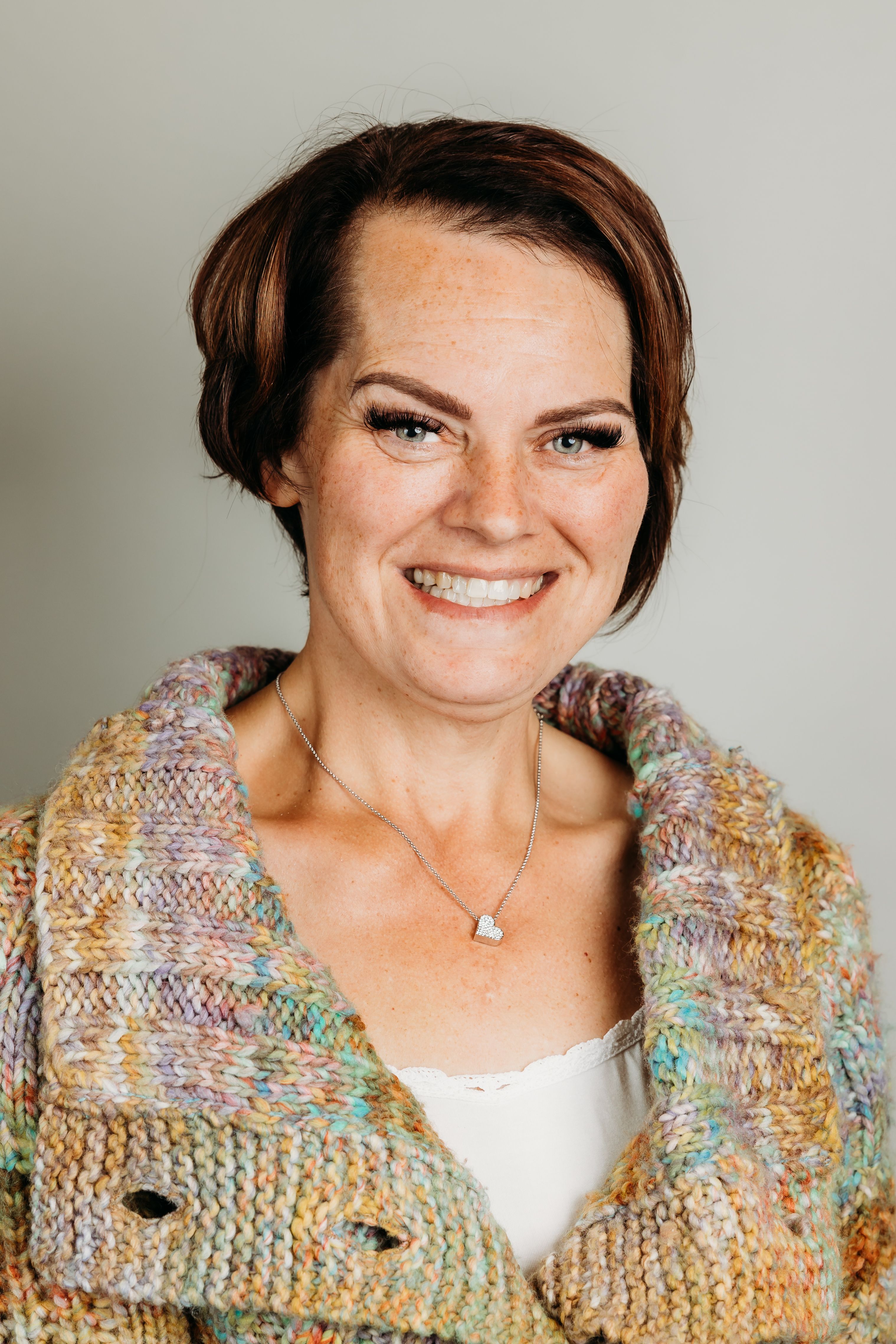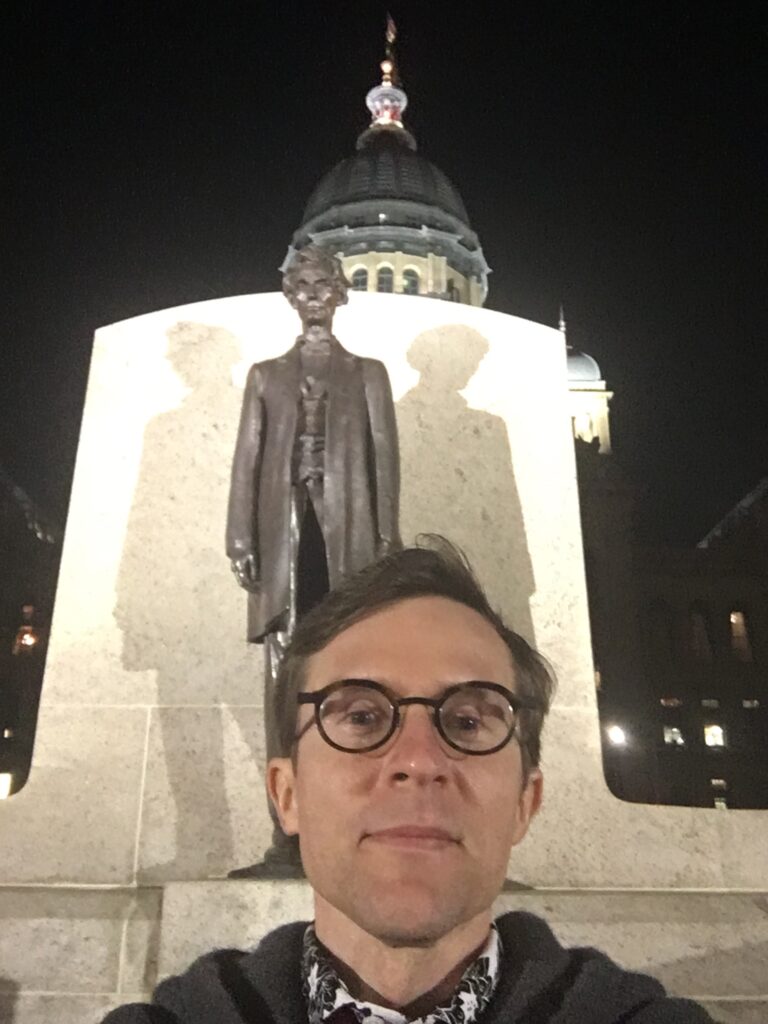
Q: How long have you been an Ukeru trainer?
A: Roughly a year and a half.
Q: What population do you work with? What inspired you to get into this field?
A: IDD, Mental Health, Autism – various – all adults (18 and over). I got into this field by either chance or fate depending on how one chooses to look at things. I was volunteering at an Oxfam Music charity shop on Byres Rd. in Glasgow, Scotland. The partner (at the time – not sure if this is still the case) of the CEO of C-Change Scotland was a frequent customer. One day while we got to chatting about music, Brian handed me Sam’s (Smith – CEO of C-Change Scotland) business card and said something to the effect of “I think you would be great at the kind of work my partner’s organization does.” I was about to graduate from the University of Glasgow and wanted to stay on in Scotland. I decided to apply and hope that I might secure a work visa after my student visa expired. To cut a long (already long!) story short, I interviewed and got the job with C-Change as a Team Leader, I secured a work visa and gained 6 years of experience in and around Glasgow with various people. It’s not a field I sought out, but once I got going, I realized very quickly that it fit into what I believe as a person – everyone deserves to live the best life possible and get the support needed to do so if necessary. Fast forwarding to the present day, I came back to the United States after 8 years in Scotland and have worked for REM Wisconsin/Sevita for 9.5 years, totaling 15.5 years of experience in the field.
Q: What part of Ukeru do you enjoy teaching the most and why?
A: The trauma-informed care. The physical skills have always been a challenge for me – I remember some Irish ladies trying to teach me some pop music dance choreography once on a night out in Cork (Ireland). The physical skills go about as well as that for me. Not that I’m opposed to dancing. Apparently I am just rubbish at it! Or at least in organized forms.
Q: What would you say to someone who is unsure about using Ukeru?
A: Everyone benefits from this training. Everyone can relate. We have all experienced some level of trauma in our lives. Sometimes how we support others is effected by the things we don’t want to realize about ourselves. This can too often cut empathy off at the pass. Some trauma is subtle and perhaps not what we would associate with such a word. Or what might be dubbed small t trauma (not one major event or series of major events, but trauma that comes from mental/emotional exhaustion/atrophy). For instance, imagine all your life having to complete x – let’s say cleaning your room – before you are allowed to have y [insert favorite thing here – let’s say coffee]. A lot of us get up in the morning, room still messy or not and have our daily cup of coffee (or cups, quite frankly). Imagine an alternative world where you get up in the morning, you go to get your morning cup of coffee and someone stops you in front of the coffee pot (I know, how old fashioned – pour over, French press, etc.) and says “You know you have to clean your room first before you get any coffee.” Not a good start to the day. You’re probably thinking, but how am I going to be productive enough to clean my room without the coffee! Now imagine that this is not some one-off bad start to the day, but every day for years. You might even end up worn down and actually give up on both cleaning your room and coffee. You may come to the conclusion that it doesn’t matter what I like. The things I like are not accessible and/or contingent on the completion of things I do not like. This is not how it is for others. Why is it like this for me? You may find yourself in a dark place. The fact that this is a relatively minor repeated trauma only serves to stress how important it is to remain cognizant of the trauma others have experience (or at least always keeping the possibility of trauma in mind) and to also be aware of your own personal traumas.
Q: What advice or tip would you give to a new Ukeru trainer?
A: Your role is more important than you’ll ever understand. What you are teaching people is the foundation of any person-centered approach. Imagine being called to fell a tree and being handed a scissors to do so. We all need the right equipment to perform our jobs effectively.
Q: How has Ukeru impacted your life?
A: Within my present geographical region of oversight with REM Wisconsin/Sevita, we take great pride in not having any current restrictive measures (at our AFH locations). Ukeru re-enforces this approach. One needs to truly see the whole person rather than simply reacting to a person’s actions as if there is no context. That last part is key – context is not always something that can be seen, but it is there. It is very rare (arguably never/impossible) that a person does something with no antecedent.
Q: What is your favorite quote or a motto that you like to live by?
A: Virginia is for lovers (I couldn’t resist – or more accurately, I couldn’t land on one quote or motto)! The actual Virginia state motto is also applicable here – sic semper tyrannis.
Q: What three words would you use to describe Ukeru?
A: Profound, Vital and Relatable.
